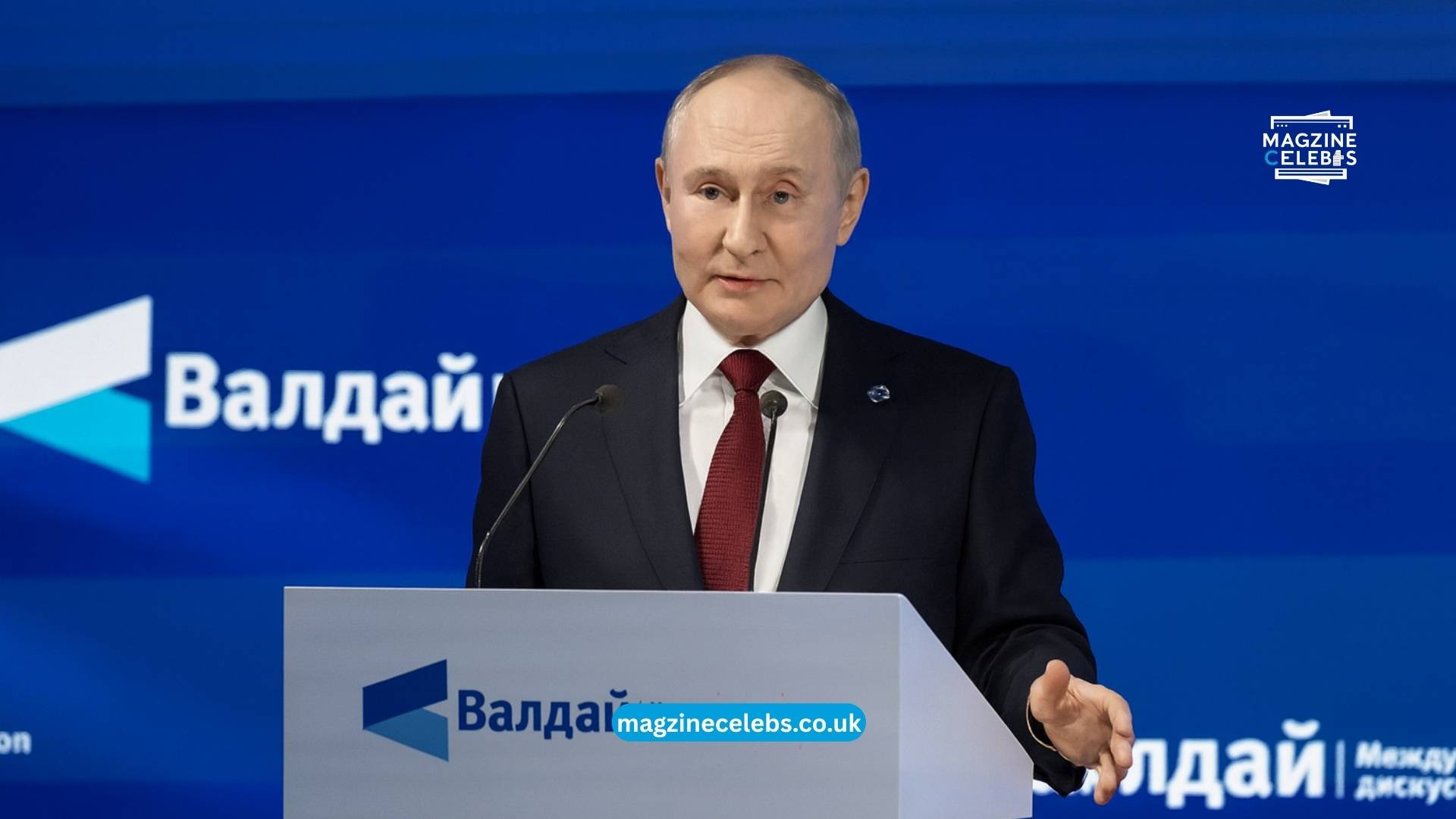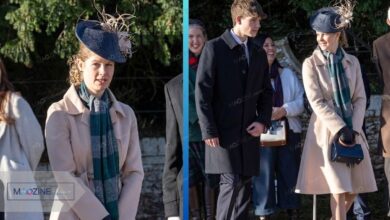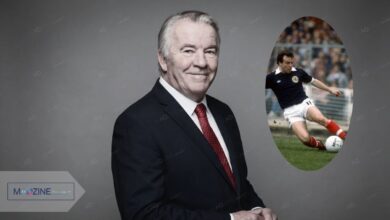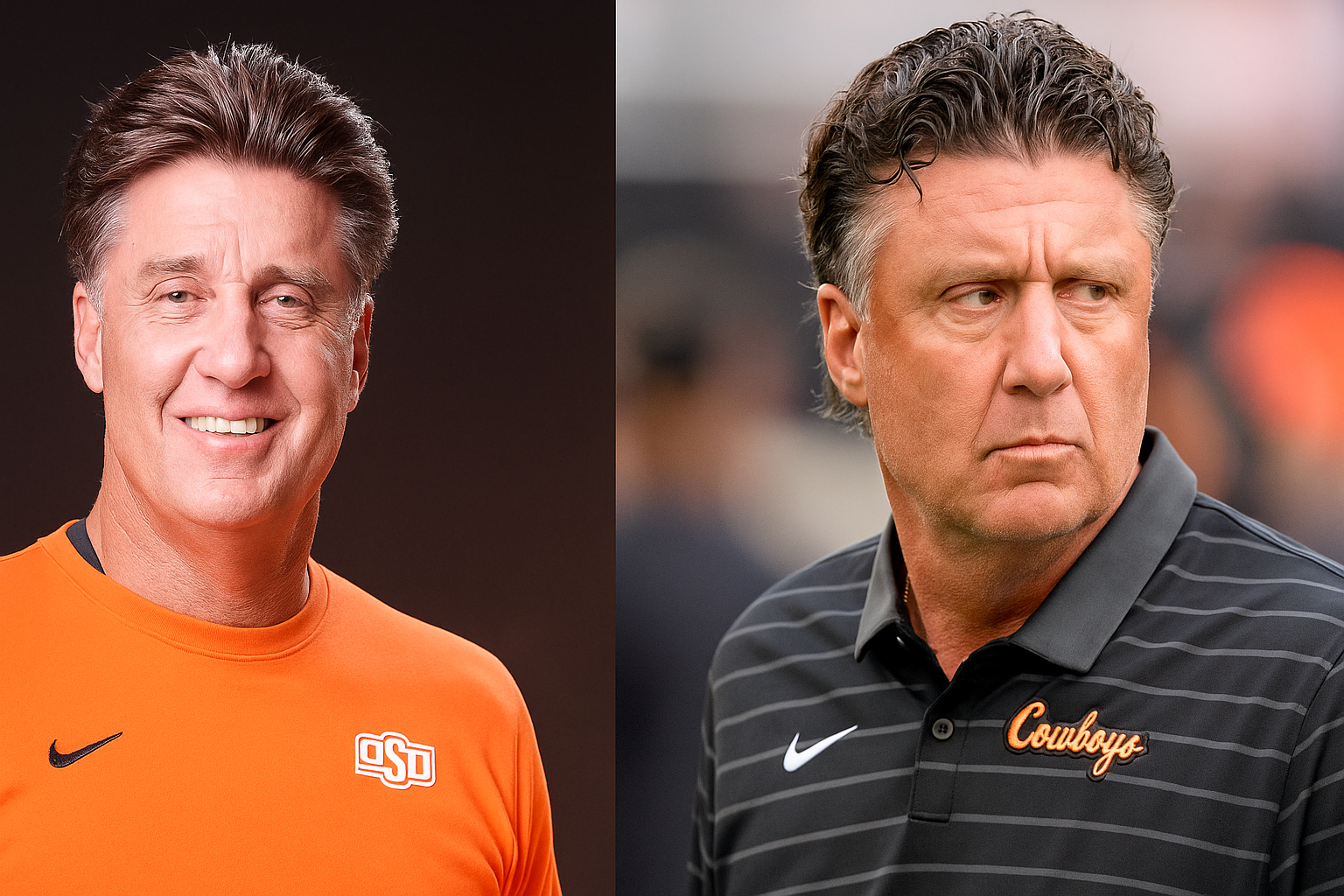Putin Warns of Harsh Response to Europe’s Militarisation at Valdai Forum

Russia — October 2, 2025
Russian President Vladimir Putin issued a stern warning against Europe’s accelerating militarisation during his keynote speech at the Valdai Discussion Club in Sochi. Addressing an audience of foreign policy experts, he pledged a “significant” response if NATO and EU states continue expanding their defense capabilities, insisting that Moscow “will never show weakness or indecisiveness.”
Table of Contents
Europe’s Military Build-Up in Putin’s Crosshairs
Putin’s remarks came in the context of rising defense budgets across the continent, particularly in Germany, where leaders have recently called for the Bundeswehr to become Europe’s strongest army.
- “We hear these statements carefully and watch what is meant by them,” Putin said.
- He dismissed as “nonsense” the widespread narrative that Russia intends to attack NATO, accusing Western leaders of spreading hysteria to justify military spending.
Reuters has reported that European defense ministers are accelerating joint procurement projects to boost their collective readiness in response to Russia’s war in Ukraine.
NATO and EU Under Fire
In a sharp escalation of rhetoric, Putin accused NATO member states of directly engaging in combat against Russia. He alleged that alliance countries are “no longer hiding” their role in supplying intelligence and advanced weapons systems to Ukraine.
- “All NATO countries are fighting us, and they’re no longer concealing it,” he said.
At the same time, Putin claimed Europe’s leaders are responsible for the breakdown of peace efforts in Ukraine, portraying the West’s actions as a barrier to negotiations.
According to BBC News, NATO has consistently rejected claims that it is a combatant in the war, stressing that its role remains limited to military assistance and intelligence-sharing with Kyiv.
Nuclear Plant Warning Raises Alarms
One of the most alarming elements of Putin’s speech was his statement regarding nuclear facilities in Ukraine. He warned Kyiv against strikes near the Zaporizhzhia Nuclear Power Plant, which has remained under Russian control since 2022.
- The facility has been cut off from external electricity for more than a week and relies on diesel-powered emergency generators.
- Both Moscow and Kyiv accuse each other of shelling the surrounding area.
Putin went further, suggesting Russia could retaliate by targeting nuclear plants still under Ukrainian control:
“They still have functional nuclear power plants on their side. What prevents us from responding in kind? Let them think about this.”
Al Jazeera has previously warned that such threats raise the risk of a wider nuclear incident in Europe, underscoring the urgency of international monitoring by the IAEA.
Relations With the United States: Praise for Trump
In a notable shift of tone, Putin praised U.S. President Donald Trump, highlighting their discussions at the August 2025 Alaska summit. He described Trump as “a person who can listen,” suggesting that the two leaders explored pathways to settle the Ukraine conflict and restore bilateral ties.
Trump, who returned to the White House in January 2025, has positioned himself as a mediator in the Russia-Ukraine war. However, Moscow continues to demand that Kyiv renounce NATO membership and cede occupied territories—conditions Kyiv has rejected outright.
Security Concerns in Europe: Drone and Airspace Incursions
Putin’s comments come amid heightened military activity in Northern and Eastern Europe:
- Danish officials have reported Russian drones flying over sensitive infrastructure.
- Estonia and Poland have accused Moscow of repeated airspace incursions.
While NATO and Ukrainian leaders view these actions as deliberate provocations, Moscow insists they are fabrications aimed at justifying greater militarisation.
Strategic Implications
Putin’s Sochi speech underscores several key dynamics in the current geopolitical climate:
- Escalation Rhetoric – Russia continues to frame NATO’s support for Ukraine as direct involvement in war.
- Nuclear Risks – Threats against Ukraine’s nuclear infrastructure mark a dangerous new phase of deterrence signaling.
- U.S.-Russia Dynamics – Putin’s positive remarks about Trump suggest Moscow hopes Washington will pressure European allies into concessions.
- European Unity – Far from being divided, EU and NATO members appear to be accelerating military cooperation in response to Russian threats.
Conclusion
Vladimir Putin’s warning at the Valdai Forum represents one of his clearest signals yet that Moscow is prepared to retaliate against Europe’s expanding defense posture. While he downplays the idea that Russia seeks direct confrontation with NATO, his remarks on nuclear plants and Western military involvement reveal a readiness to escalate further if Moscow feels cornered.
As the war in Ukraine drags into its fourth year, the clash between Europe’s defence buildup and Russia’s determination to resist NATO expansion sets the stage for an increasingly volatile geopolitical environment.







